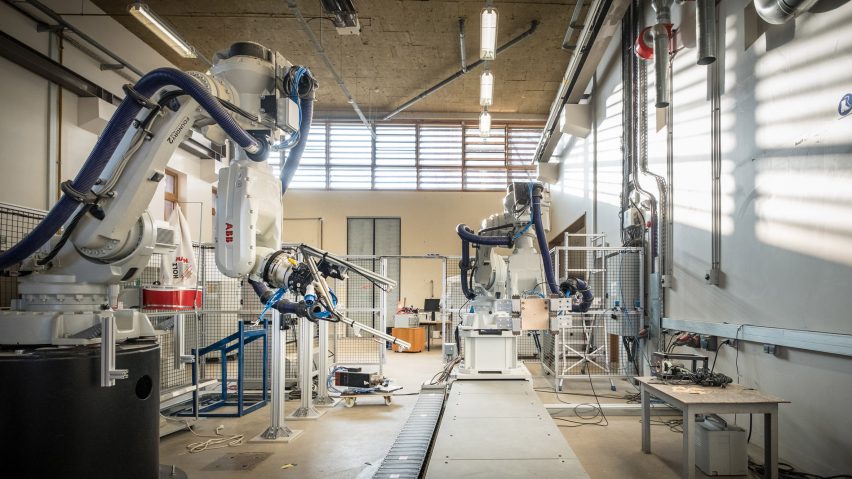
École des Ponts ParisTech's Build'in lab tackles digitisation of construction
Dezeen promotion: École des Ponts ParisTech has launched Build'in, a platform that reflects the university's move towards digital technologies, as the construction industry changes.
Five years of research on digital construction by the Navier Laboratory – one of 12 labs at École des Ponts ParisTech – lead to the launch of the Build'in technological platform.
The platform was developed to tackle the challenges of digitalising construction through open innovation and an interdisciplinary research approach. The aim is to address the changing needs of the industry and the necessary qualifications for those seeking employment.
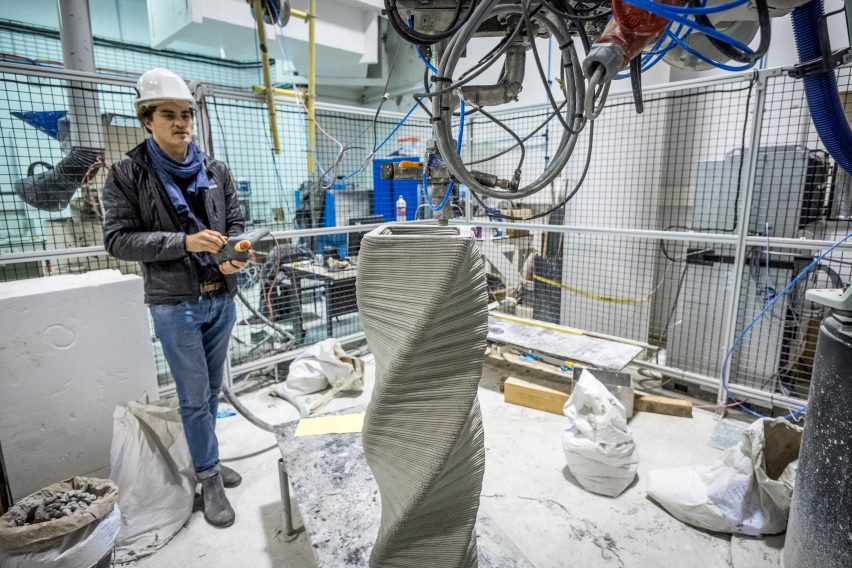
Researchers at Build'in are therefore able to collaborate with other parts of the school, and benefit from its industrial equipment, such as six-axis robots and a concrete extruder.
The research topics undertaken include new construction materials, 3D-printing processes, timber construction and environmentally-compatible structural design.
The Design by Data masters course, which was launched in 2016, takes advantage of the Build'in platform, and is one of the university's most recent programmes in innovative professional education.
The course has responded to a shift in the architecture and construction industry that has seen digital construction methods become increasingly more prominent.

"In the last five years, École des Ponts ParisTech dramatically shifted its approach to research and education to keep up with the most recent disruptions in digital technologies for architecture and construction," said the university.
"This led to the set up in 2016 of the first Executive Master in Computational Design Design by Data."
The 16-month-long programme takes place in a number of locations in Paris. It is an "executive" part-time course requiring participants to undertake one week of training per month over the course of 11 months, before completing a thesis at the end of the course.
The professional thesis can address one of three types of subjects, including a business subject, an entrepreneurship or startup project, or a research subject.

Design by Data sets out to train students in advanced design tools such as coding, algorithmic approach and artificial intelligence. Digital manufacturing and design processes like robotics, 3D printing, electronics and mechatronics, as applied to architectural and construction projects, are also included.
Students also have the opportunity to develop their knowledge of digital culture, advanced mathematics, computational strategies and modelling and managing complex geometries.
The course encourages a process-oriented approach to design, based on theory of genetic optimisation and the use of environmental data in architecture.

In addition to the core curriculum, attendees take part in two week-long seminars on parametric design. The first week focuses on imagined and artificial intelligence, while the second looks at an agent-based design approach.
They also attend a research studio class once per month, which is intended to give them time to define and develop their research project.
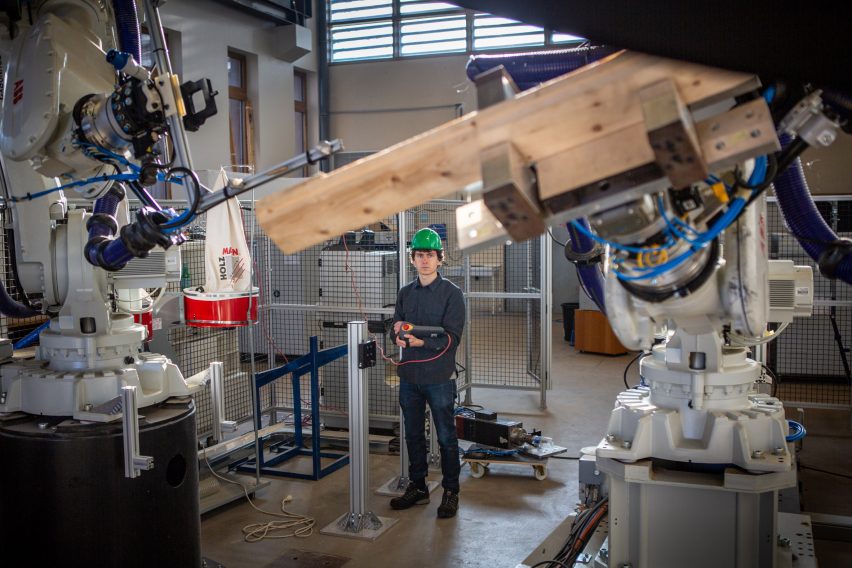
The next round of applications for the Design by Data masters programme for the academic year 2020/2021 close on 18 February 2020. Next year's courses will begin in September 2020 and finish in July 2021.
Candidates must hold a four/five-year higher education qualification: Bac + 5, or Bac + 4 with professional experience, and a good knowledge of 3D modeling is required.
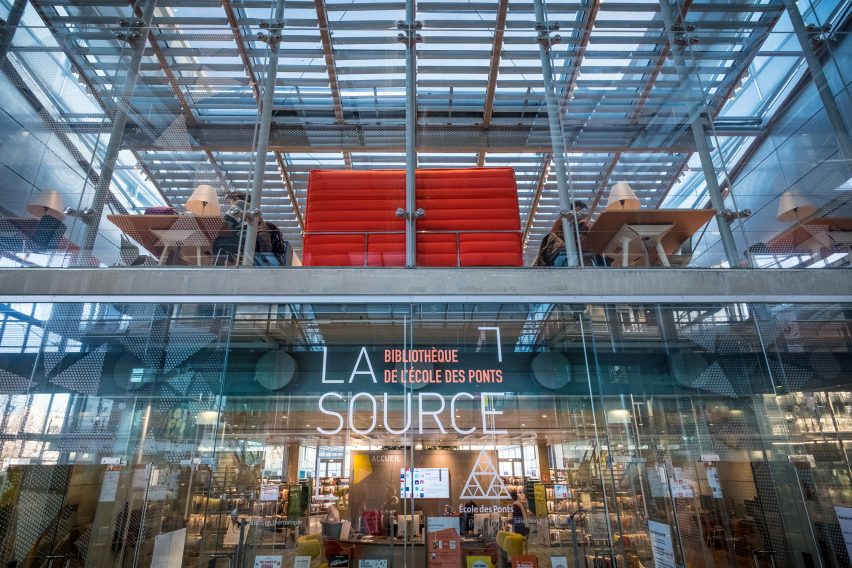
The Design by Data programme boasts a strong international dimension, with more than 15 nationalities represented.
While the majority of the students have architectural or engineering backgrounds, the school's academic board also pays attention to selecting "atypical" candidates such as artists, designers and real-estate professionals.
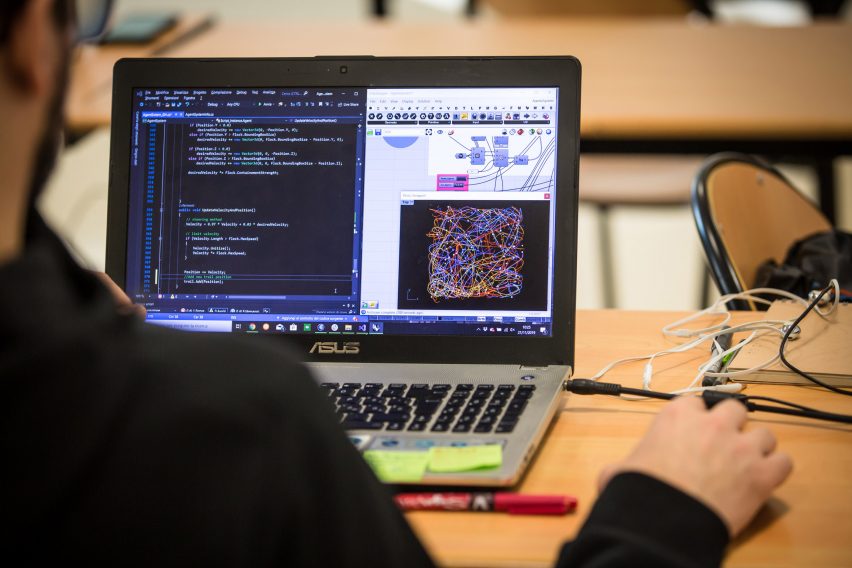
Founded in 1747, École des Ponts ParisTech is a higher education establishment that trains engineers to a high level of scientific, technical and general competency.
Its Graduate School department also offers various Masters and PhD programs in mechanical and civil engineering, materials sciences, nuclear engineering, mathematics, information technology, environmental sciences, urban planning, transportation, economics, and sociology.
For more information on the university and its Design by Data course, visit the Ecole des Ponts ParisTech website.
Partnership content
This article was written by Dezeen for École des Ponts ParisTech as part of a partnership. Find out more about Dezeen partnership content here.